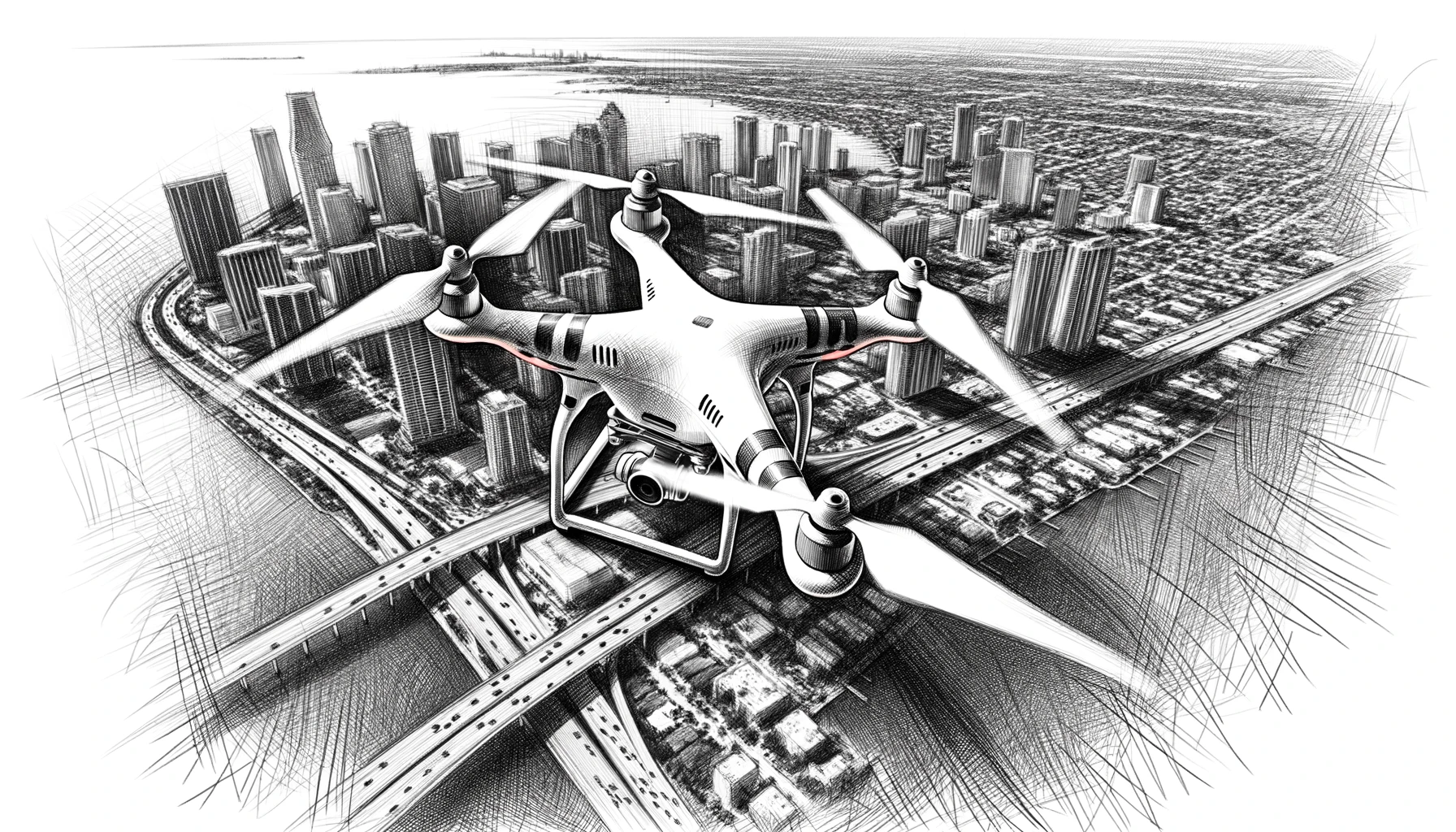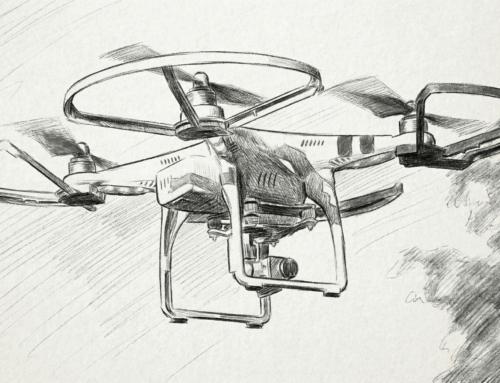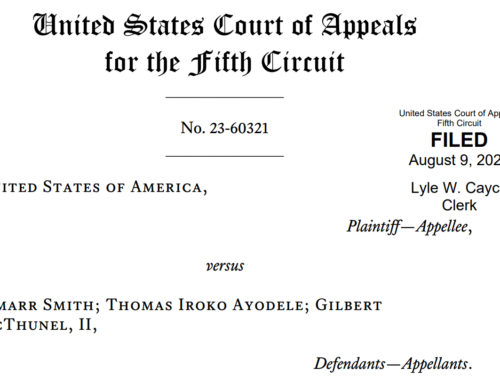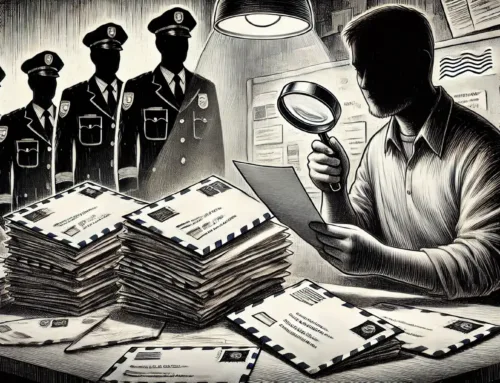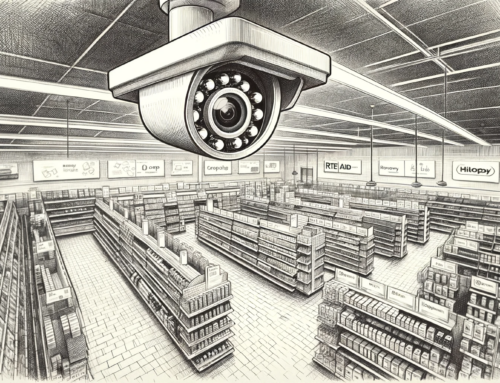Law Enforcement Use of Drones: What You Need to Know
As drones become more prevalent in the commercial and recreational spheres, their use by law enforcement is also growing. Police and federal agencies now operate over 1,500 drones across the country. While drones provide tools to aid investigations and enhance officer safety, their use also raises important questions about privacy and civil liberties. As a criminal defense lawyer representing clients whose cases may involve evidence gathered by drones, it’s critical to understand law enforcement drone programs. This post provides an overview of how agencies are using drones, the policies guiding their use, and key considerations surrounding law enforcement drone operations.
How Law Enforcement Uses Drones
Law enforcement utilizes drones in a variety of ways, including:
- Gathering intelligence before executing a warrant or operation, like identifying a suspect’s location or surveilling a building’s layout beforehand.
- Supporting active operations by live streaming video or using drones’ spotlights at night. They can track suspects exiting a building or illuminate areas where evidence may have been discarded.
- Documenting crime and accident scenes by providing aerial perspective. Drones give a valuable vantage point in reconstructing the events.
- Searching for suspects, missing persons, or items using drones’ capability to cover ground rapidly. They are a useful force multiplier in manhunts.
- Enhancing officer safety from a distance, such as communicating with barricaded suspects or assessing hazardous areas like explosive crime scenes before sending in personnel.
- Patrolling borders, coasts, or jurisdictions to interdict criminal activity using drones’ video, radar, and sensor capabilities.
In sum, drones provide visuals, lighting, and sensing technologies to aid investigations, operations, searches, patrols, and crime scene analysis. They can access hard-to-reach locations and scope out situations before putting officers at risk. Their aerial vantage provides a unique operational perspective.
Federal Policies Guiding Drone Use
While there’s no overarching federal law governing law enforcement drones, the 2015 Presidential Memorandum on domestic drone use set policy for federal agencies. It aims to protect privacy, civil rights, and civil liberties in drone operations by mandating:
- Review of agency drone policies every three years to ensure privacy protections
- Adherence to laws and policies safeguarding constitutional and civil rights
- Component-specific drone oversight and training policies
- Yearly reporting on drone use, including privacy reviews and civil liberties protections
- Public notice of authorized drone operations and purpose
Within DOJ, the key policies include:
- Department of Justice Policy on the Use of Unmanned Aircraft Systems outlines rules for drone approvals, training, reporting, privacy protections, and coordination with the FAA and stakeholders.
- A UAS Working Group manages drone policies and best practices across DOJ.
- Individual law enforcement components like the FBI and DEA implement the department-wide policy and have their own internal oversight processes.
DHS also manages drone use through its agencies like Customs and Border Protection and Homeland Security Investigations rather than one department-wide policy. However, DHS developed best practices to safeguard privacy and civil liberties in drone operations that align with federal guidance.
Overall, executive guidance sets privacy and transparency requirements for federal drone programs. However, each agency implements policies and procedures tailored to its specific mission.
Key Considerations and Concerns
Law enforcement drone use raises important considerations:
- Adherence to current policies and constitutional principles in gathering evidence via drones. Does it comply with presidential directives, agency rules, and judicial standards for reasonable searches?
- The possibility of expanded persistent aerial surveillance of the public and resulting privacy implications. Drones enable monitoring of large areas for extended periods.
- Chilling of First Amendment-protected speech if drones monitor protests, rallies, or religious ceremonies. Surveillance could discourage participation.
- Enhanced police capabilities that should align with transparency and community trust. Unfettered use risks undermining public confidence.
- The ability to equip drones with technologies like facial recognition, thermal imaging, and license plate readers raises further privacy issues. Some jurisdictions restrict these technologies.
- Safety from unauthorized drone use near critical sites, infrastructure, or sensitive operations that might compromise security.
In conclusion, drones provide invaluable tools for law enforcement but also risk intruding on constitutional freedoms if not properly checked. As drones become more prevalent, striking the right balance will require a commitment to core principles of accountability, oversight, and privacy. Understanding the policies guiding drone use, the ways agencies deploy them, and their abilities to potentially impinge on rights will promote informed public debate on this emerging technology.
If you are loved one has been arrested or is facing charges in a criminal case where law enforcement used drones in their investigation, CALL US NOW for a CONFIDENTIAL INITIAL CONSULTATION at (305) 538-4545, or take a moment to fill out our confidential and secure intake form.* The additional details you provide will greatly assist us in responding to your inquiry.
*Due to the large number of people who contact our law office requesting our assistance, it is strongly suggested that you take the time to provide us with specific details regarding your case by filling out our confidential and secure intake form. The additional details you provide will greatly assist us in responding to your inquiry promptly and appropriately.
THERE ARE THOUSANDS OF LAW FIRMS AND ATTORNEYS IN SOUTH FLORIDA. ALWAYS INVESTIGATE A LAWYER’S QUALIFICATIONS AND EXPERIENCE BEFORE MAKING A DECISION ON HIRING A CRIMINAL DEFENSE ATTORNEY ATTORNEY FOR YOUR MIAMI-DADE COUNTY CASE




